How to become an archaeologist in India? Get an undergraduate degree inclined to Ancient History or History and gain on-field experience through internships.
Table of Contents
- Step by Step Guide to Become an Archaeologist in India
- Academic Requirements for Archaeologist
- Skills Required for Archaeologist
- Archaeologist Career in Detail
- Different Job Roles of an Archaeologist
- Top Recruiting Agencies for Archaeologists
- Salary of an Archaeologist in India
- Institutions for Archaeology
- Courses in Archaeology in India
- Scope in India for Archaeologist
Archaeology is the study of ancient human movements through the analysis and recovery of materials. How to become an archaeologist in India? Having an in-depth knowledge of History/ Ancient History and Topography with an undergraduate degree in Bachelor of Arts in Archaeology or Museology, or MA in Archaeology is the basic eligibility. Archaeological studies focus on architecture, artifacts, biofacts, and cultural landscapes.
Step by Step Guide to Become an Archaeologist in India
Archaeology discipline includes surveying, exhuming, and eventually examining information gathered to become familiar with the past. To a large degree, archaeology depends on cross-disciplinary research. The stream includes areas of study in History & craftsmanship, works of art, ethnology, topography, geography, intellectual History, and semantics & semiology. Besides, it also covers literary analysis, material science, data sciences, insights, paleoecology, palaeography, fossil science, paleozoology, and paleobotany.
Students must consider a few steps when deciding to take a course in Archaeology and choose to become an Archaeologist in the future, where it begins from this decision-making and ends at the college selection.
Below are the stepwise procedures to become an archaeologist after 12th in India.
- Step 1: Take Academic Decision
- Step 2: Apply for College
- Step 3: Prepare for Entrance Exam
- Step 4: Selecting the College
- Step 5: Develop Required Skills
Step 1: Take Academic Decision
Students can choose to opt for the archaeology field before choosing a stream in class 12 or even after completing class 12. If students are clear about their study, they can take the subject combinations of Humanities or Social Science in class 12. But students from any stream in class 12 are eligible to pursue courses in Archaeology, but there the course will be an added advantage for students from a humanities background.
Step 2: Choose Degree
To become an archaeologist after 12th, students can choose to enrol for Bachelors of Archaeology, Ancient History, Cultural Heritage, or relevant degree inclined to History. But if a student wants to become a Marine Archaeologist, they must need an Engineering degree. After an undergraduate degree, students can apply for the master's degree and up to a doctorate in the relevant field to become an archaeologist in India.
Step 3: Prepare for Entrance Exam
Most of the admissions to the BA Archaeology or diploma programs are merit-based. However, various top colleges conduct entrance exams to take admission to a bachelor's degree. Some of the state entrance exams include AUCET, BHU PET, and IPU CET, followed by personal interviews.
In the case of MA admission, the colleges conduct personal interviews where the research works and thesis from the bachelor's degree is an added advantage. So, the students should prepare according to the latest exam syllabus.
Step 4: Selecting the College
Choosing a college is the tricky part. To become a successful archaeologist, graduates must have excellent field experience. So while applying for the college, students must choose the one which offers excellent on-field experience and work exposure through internships.
One of the best archaeology schools in India is Banaras Hindu University, located in Varanasi. Some of the specializations offered in Archeology include Field Archaeology, Classical Archaeology, Bioarchaeology, and Prehistoric Archaeology.
Step 5: Develop Required Skills
Archaeologists study the things that individuals from a long time back left behind, for example, their homes, garments, devices, bones, dishes, and so forth. Excavators accumulate diverse proofs of the human past from different places and observe and examine the outcome. If one wants to become an archaeologist, one needs to possess a profound knowledge of History and Topography.
Some of the required skills that are expected from an archaeologist are,
- Excellent Research Skill
- Writing and Communication Skills
- Eye for In-Depth Detail
- Strong Teamwork Skills
Academic Requirements for Archaeologist
Various courses in archaeology are available for interested students with basic courses such as Bachelor of Arts in Archaeology and Museology or MA in Archaeology.
The basic requirements for pursuing an archaeology course in India after the 12th are as follows-
- A potential candidate must pass the 10+2 examination from the recognized education board to pursue a diploma course.
- To pursue an undergraduate programme in archaeology, a candidate needs to have passed 12th grade with disciplines such as Geography, History, Anthropology, Geology, Art, and Literature with an average of 55%. However, the cut off varies with institutions. However, students who did not opt for humanities and still want to pursue archaeology can easily opt for humanities for their undergraduate degree.
- The postgraduate programme, which spans two to three years, requires a candidate to have completed graduation in the respective subjects.
Skills Required for Archaeologist
Skills are essential for every walk of life, especially in one's professional life. Technical skills, along with soft skills, balance one's career.
Here are some important skills required by an archaeologist.
- An archaeologist should be hardworking and dedicated to his duties.
- A career in archaeology demands intensive foresight and thorough knowledge of the field working in.
- One should have the ability to work hard with commitment, an open mind, and honesty.
- They must have a well-organized approach, with effective attention to in-depth detail.
- An archaeologist must possess strong teamwork skills, specifically during fieldwork.
- An archaeologist must have technical knowledge about the various types of equipment used during on-field operations.
Archaeologist Career in Detail
When we think about archaeologists, most of us pictures a bunch of archaeologists digging up the ground with tools around them, but archaeology is much more than that. An archaeologist is an individual who attempts to discover and study the past of human civilizations with archaeological studies. An archaeologist examines human societies or civilizations' beliefs, social structure, economic organization, and environmental effects. This field helps us picture our past and enables us to have a better understanding of our ancestors' beliefs and the kind of culture and society that they lived in.
Thus, archaeologists are the researchers who study the remaining parts of gatherings of individuals and past human advancements. With the help of new technology and the inclination of youth towards unconventional professions like archaeology, the significance of the career is growing with time. Archaeology is considered a rewarding and challenging career for people with an analytical mind and a keen desire to know about past human civilizations.
Different Job Roles of an Archaeologist
There are many different kinds of jobs that archaeologists take up. The traditional image of the archaeologist as a university professor or museum director is no longer true. The career path of an archaeologist is not restricted to a single area or domain; in fact, their work can take them to various places all over the globe-the job prospects are not only in India but also abroad too.
Here are the different job roles of an archaeologist in India.
- Museum/ Gallery Exhibition Officer
- Urban Archaeologist
- Prehistoric Archaeologist
- Paleontologist
- Marine Archaeologist
- Environmental Archaeologist
- Documentation Specialist
- Lecturer
- Experimental Archaeologist
Top Recruiting Agencies for Archaeologists
There are many government employment opportunities for an archaeologist. The primary employment sector is the Archaeological Survey of India (ASI). However, there are other employment sectors for Archaeologists in the private sector.
Below are some of the top organizations that recruit archaeologists.
- Indian Council of Historical Research
- National Museums
- Government and Private Universities and Colleges
- Government and Private Museums
- National Heritage Agencies
- Cultural Galleries
Salary of an Archaeologist in India
As a result of global demand for Archeologists and the supply being substantially less than the market, these professionals can earn excellent pay packages from their employers. For a start, a fresher can expect a salary between INR 20,000 to 30,000 per month. At the same time, qualified and experienced professionals can earn a salary package ranging from INR 5 lakhs per annum to INR 9 lakhs per annum.
Institutions for Archaeology
There are many courses in archaeology, from degree courses to doctorate courses, including certificate courses for one year such as Certificate Course in Epigraphy and diploma courses such as Advanced Diploma in Epigraphy that is a one year course. There are lots of best institutes and universities established for Archaeological study in India.
Here are a few institutes providing bachelors in Archaeology:
- Mahatma Gandhi University, Kottayam
- Banaras Hindu University, Varanasi
- Barkathullah Vishwa Vidyalaya, Bhopal
- Maharaja Sayajirao University of Baroda
These are a few top institutes providing masters' in Archaeology:
- The Delhi Institute of Heritage Research and Management, New Delhi
- University of Kerala, Thiruvananthapuram
- Bangalore University, Bangalore
- Institute of Archaeology, New Delhi
Courses in Archaeology in India
A degree in Archaeology is an exciting way to work and gain knowledge of History over time. Through these courses, students can learn new experiences by indulging in the restoration of monuments and exploring the country's ancient History one step at a time. The courses mentioned below range from 2 to 3 years, depending on the course and specialization.
The following are the most common archaeology courses in India.
B.A. (Ancient Indian Culture)
BA Ancient Indian Culture is a full-time three year Bachelor of Arts program. It is offered to candidates who have successfully completed their secondary education from the recognized education board. The program harnesses the complementary strengths of archaeology and ancient History to transform our understanding of the past. Candidates will develop knowledge and understanding through lectures, faculty-led, student-led seminars and tutorials, laboratory practicals, etc.
B.A. (Archaeology and Museology)
BA Archaeology and Museology is a full time three year Bachelor of Arts program. It is offered to candidates who have successfully completed their secondary education from the recognized education board. The course teaches students about the archaeological practices, methods, and approach towards preserving archaeological findings. From excavation methods to the dating and interpreting of excavated sites, one gets useful inputs on other such topics.
M.A. (Archeology)
MA Archeology is a full time two year Master of Arts program. It is offered to candidates who have successfully completed their bachelor's degree from a recognized institute. The program offers adequate education and training in the recovery, analysis, and interpretation of archaeological materials and context while simultaneously assuring that sufficient background is obtained in one or more traditional cognate fields such as classics, art history, etc.
M.A. (Museology)
MA Museology is a full time two year Master of Arts program. It is offered to candidates who have successfully completed their bachelor's degree from a recognized institute. Some institutes may provide masters in museology on a correspondence basis. It is a job-oriented course and provides a lot of career scope to the students.
Scope in India for Archaeologist
India is home to one of the most well-planned ancient cities to have ever existed, and ancient monuments etched on its map as a result of the great dynasties such as the Mughals, the Mauryas and the likes. There is a great scope for qualified archaeologists in various private and public organizations. A degree holder in archaeology can also work as tourist guides, heritage managers, etc.
The ASI has distinctive branches, such as Excavation, Prehistory, Underwater Archeology, Museums, Temple Survey, and so on. It employs a substantial number of trained archaeologists, epigraphists, and conservators, and researchers for its activities. Different associations, for example, the Indian Council of Historical Research, National Museum, Private & Public Museums, and Universities, are major recruiters of Archeologists.



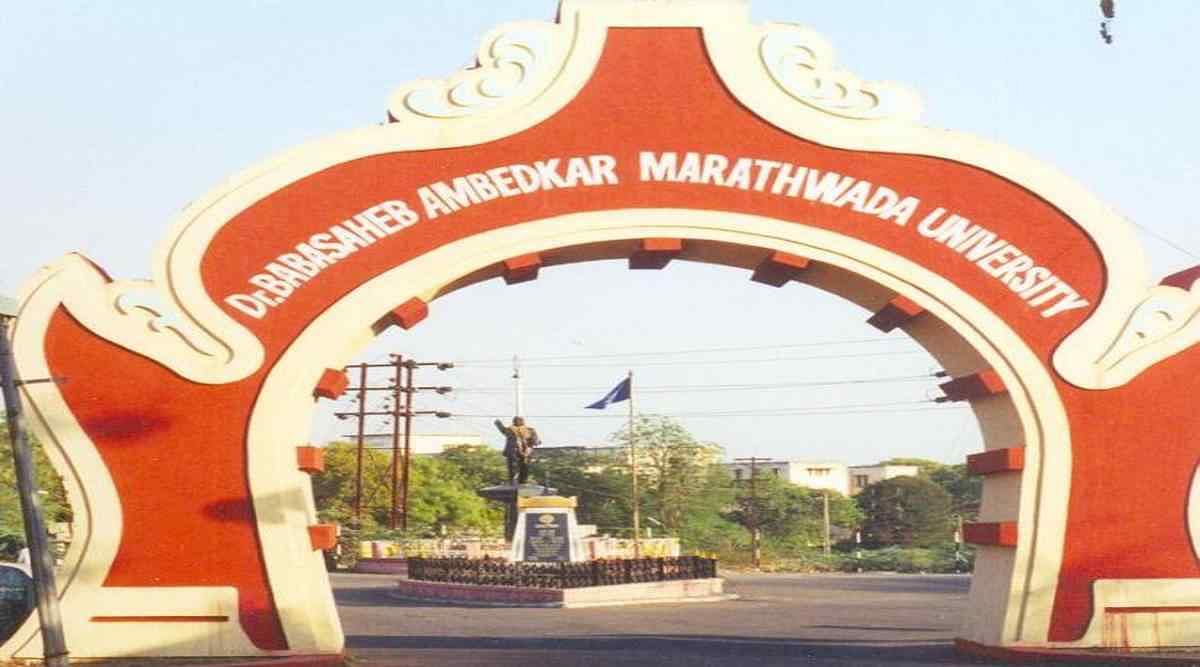



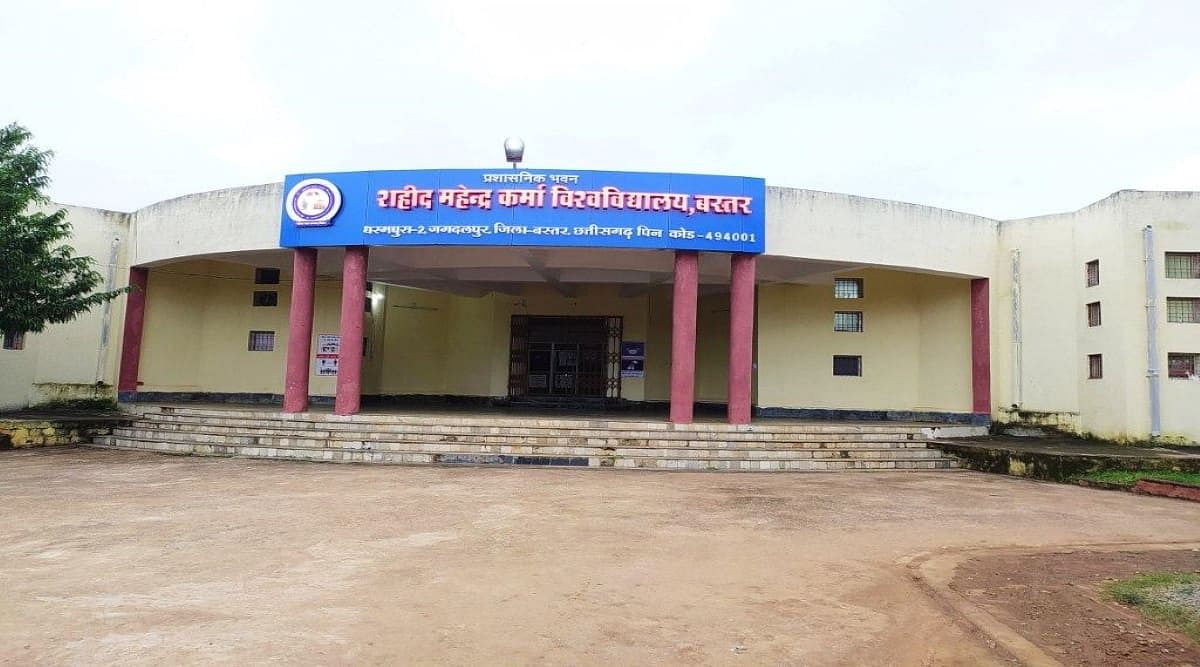


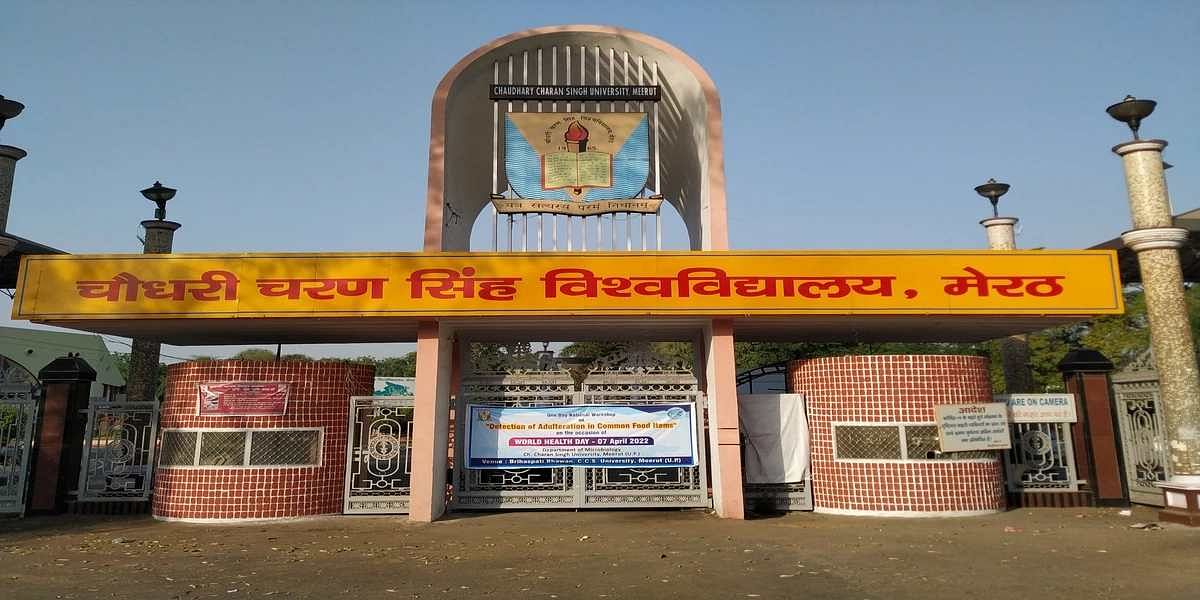




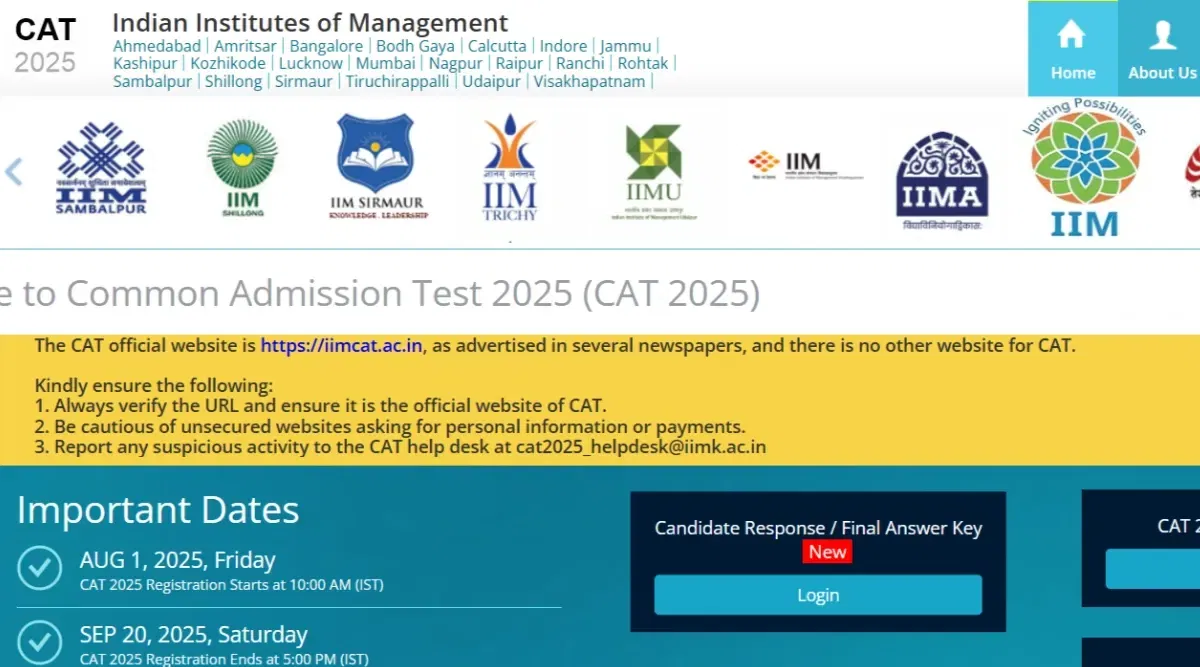
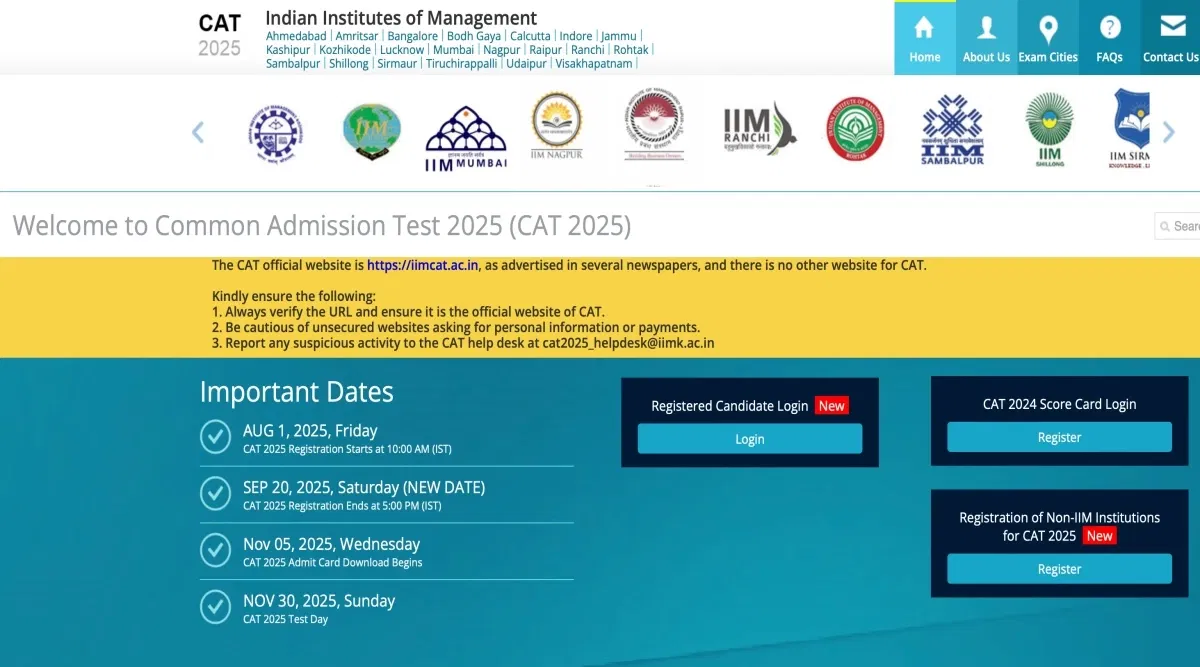
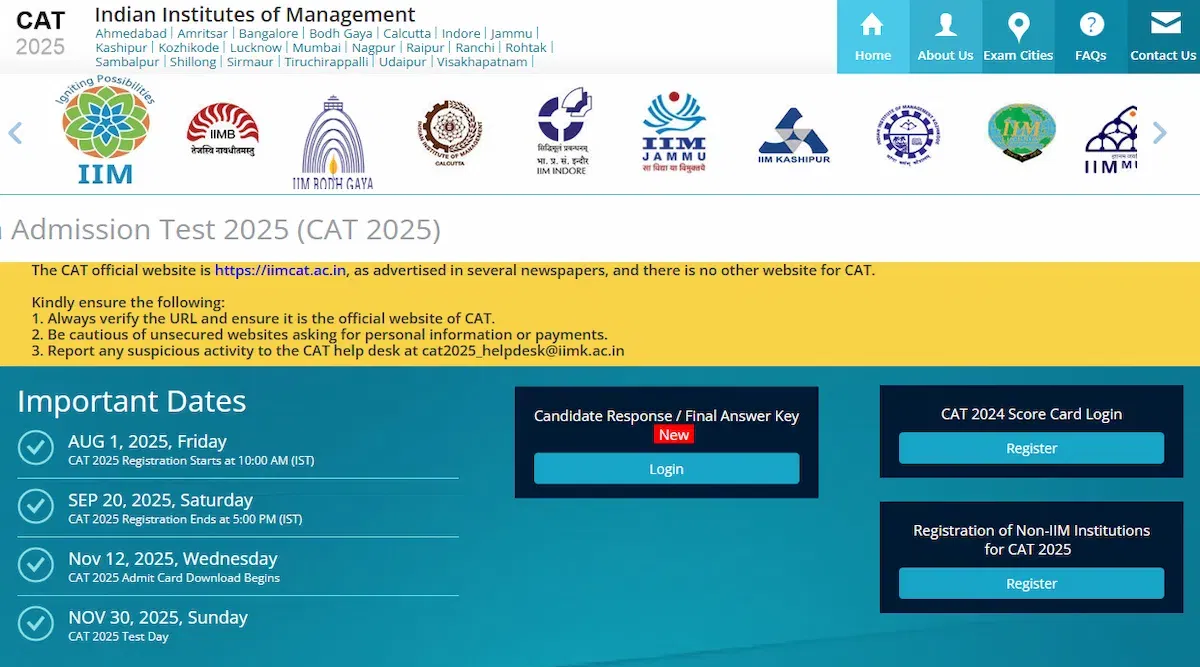
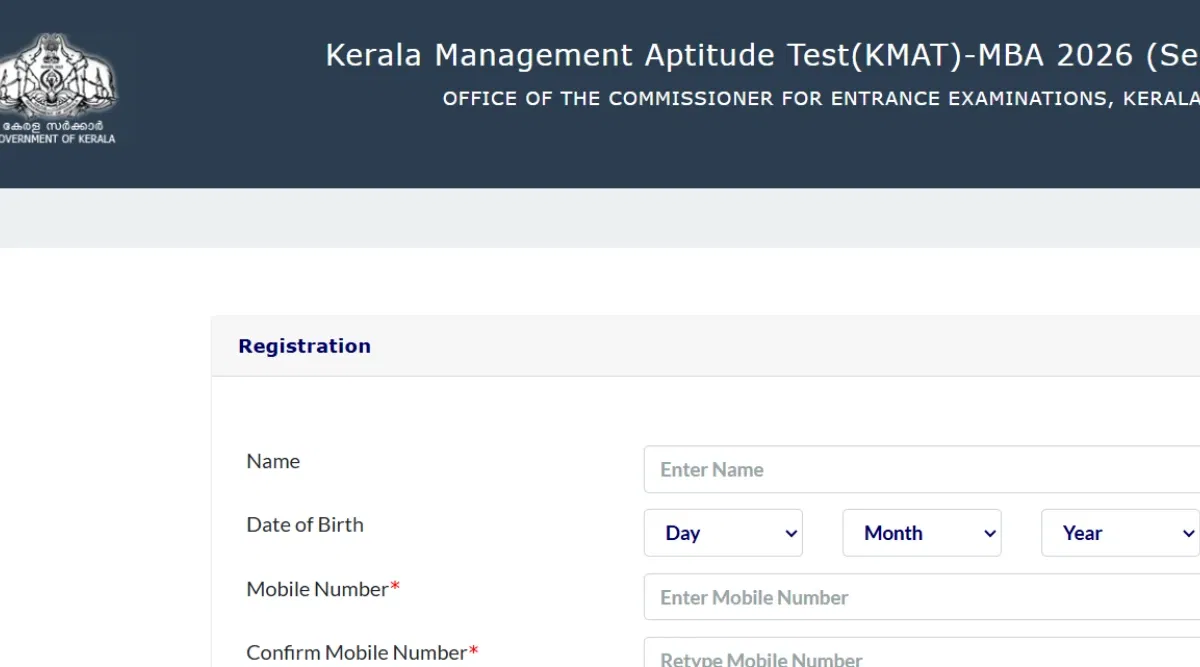
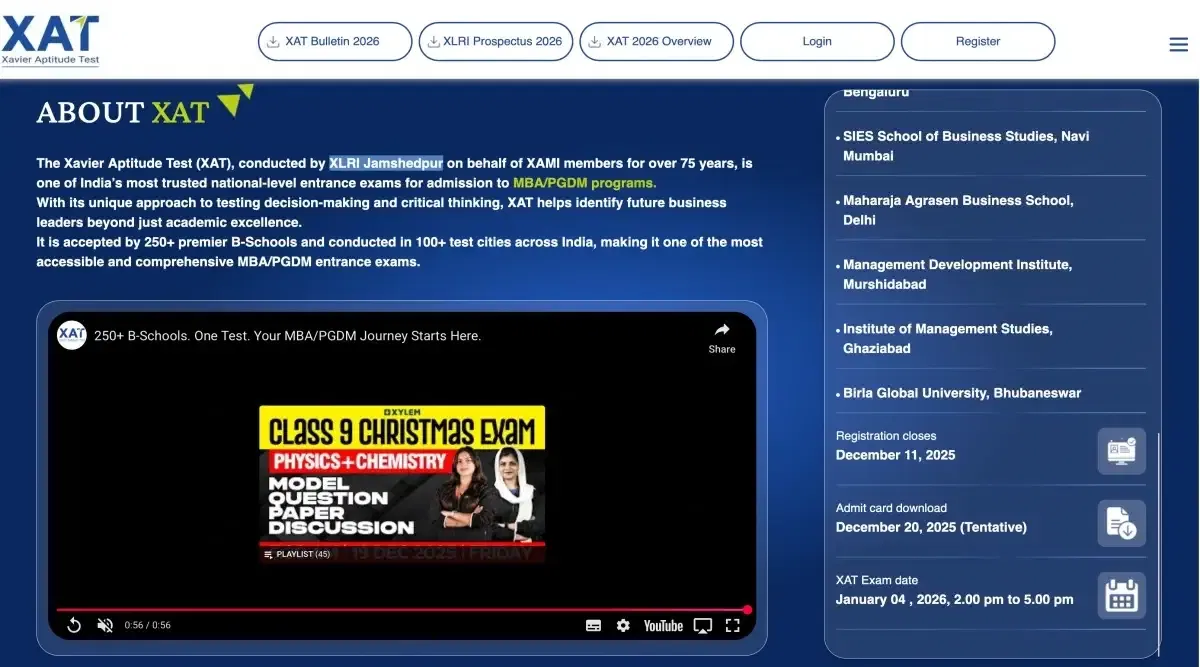
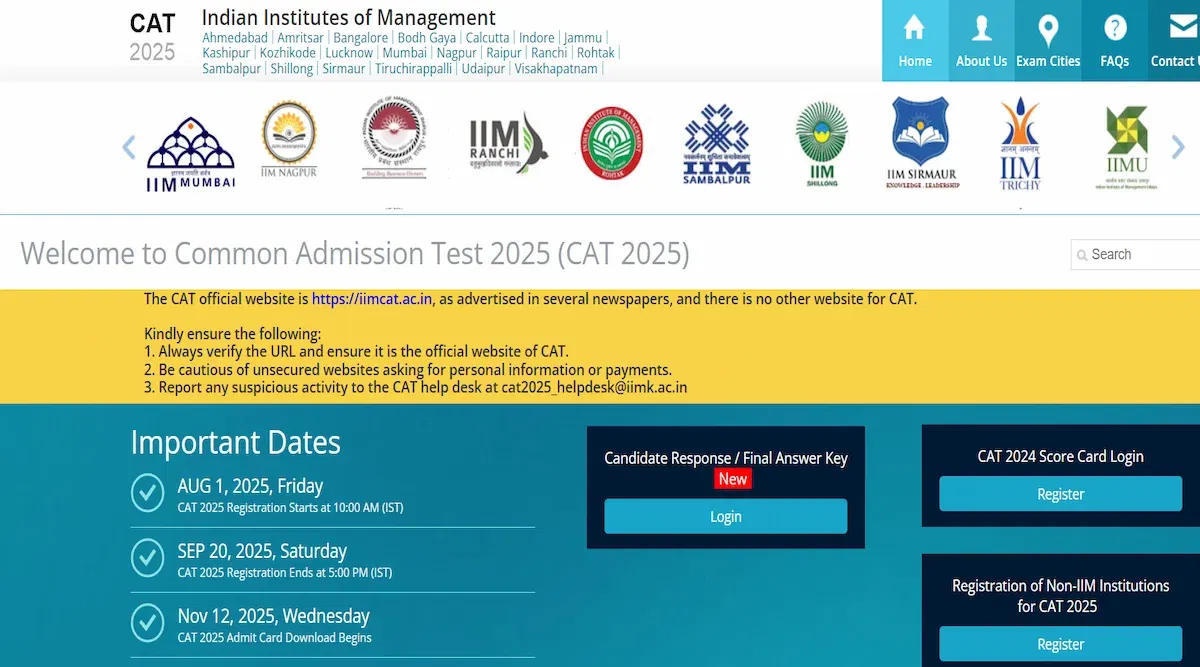


POST YOUR COMMENT